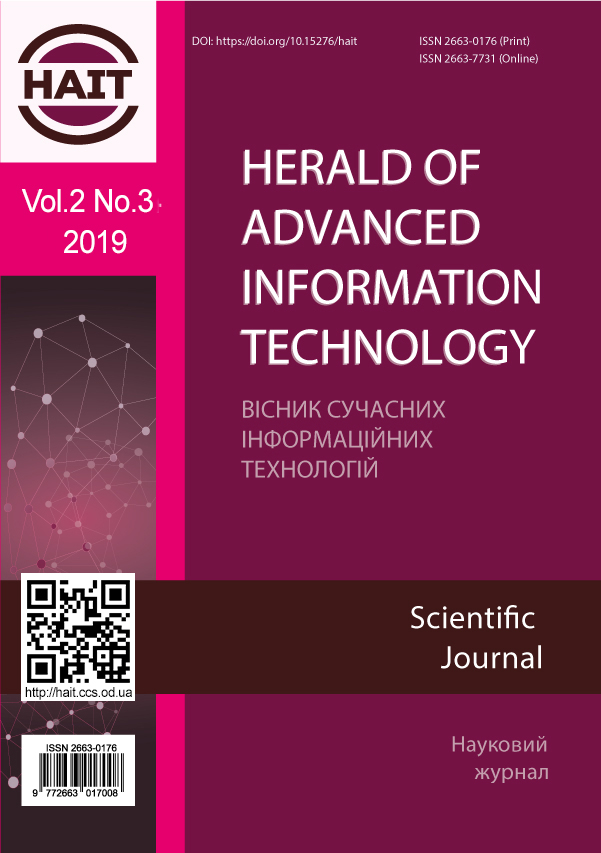Grinding temperature model simplification for the operation information support system
Main Article Content
Abstract
Grinding temperature mathematic models need for the designing, monitoring and diagnosing the grinding operation to boost the operation throughput without burns of the surface to be ground. This is fully relevant, for example, for CNC gear grinding machines. Once the problem of mentioned mathematic models development is solved, it becomes possible to develop appropriate computer subsystems to optimize and control the grinding operation on CNC machines at the stages of both production and its preparation. The urgency of solving this problem is confirmed by the large number of relevant publications, most of them are connected with Jaeger moving heat source. At the same time, the idea of replacing the fast-moving source with the time of action of the corresponding unmoving one, formulated for the first time by Jaeger, has not yet found a proper practical application. This article justifiably shows that the proximity of the results of calculating the maximum grinding temperature and the depth of its penetration by the two- and one-dimensional solutions practically takes place when the fast-moving heat source is characterized by the Peclet number which is more than 4. For this interval of the Peclet number change, a simplified formula for grinding temperature was first obtained for determining the temperature on the surface and on the depth of the surface layer. Then this simplified formula was investigated by comparing it with the well-known analytical solution of the one-dimensional differential equation of heat conduction for various values of the Peclet number. It is shown that in the range of the Peclet number from 4 to 20, which is the case for most modern grinding operations (flat, round, profile, and others), the difference in determining the grinding temperature by exact and approximate solutions does not exceed 11%. At the same time, the simplified solution obtained in the paper has an important new quality. The mathematical formula that describes this solution makes it possible to express explicitly the penetration depth of any given fixed temperature. If this fixed temperature leads to structural-phase transformations in the surface layer of the workpiece, then it becomes possible to determine the defective layer depth during grinding. In turn, the grinding stock for the grinding operation should be greater than the mentioned defective layer depth. New information on the state of the grinding system can be the basis for monitoring and diagnosing of the operation, as well as for designing this operation at the stage of production preparation. This, in turn, is a technological prerequisite for the development of appropriate computer subsystems that can be integrated into the CNC system of modern grinding machines.



